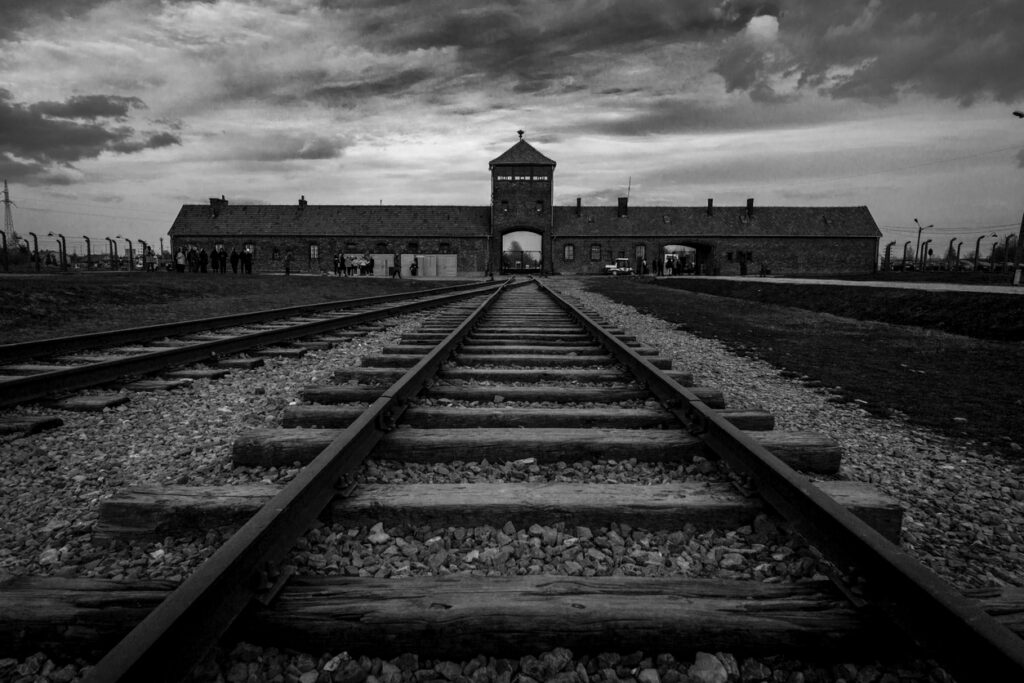Corporate storytelling when the story is difficult: Volkswagen’s reckoning with its dark past
Transparency and honesty are the keys to grappling with corporate histories with genocide, racism and slavery.

Twice a year, Dieter Landenberger and a group of his young colleagues take a trip to Poland.
It’s not your typical corporate retreat. Landenberger, Volkswagen director of heritage communications, and a group of apprentices from the German automaker travel to Auschwitz, the site of Nazi Germany’s most notorious concentration camp where an estimated 1.1 million Jews, Poles, Romanis and others were murdered.
Their goal is to commemorate the lives of those lost during the Holocaust and remind themselves of Volkswagen’s responsibility for the horrors of the past. Between 1940 and 1945, 20,000 forced laborers and 5,000 concentration camp prisoners were forced into working for the company.
“It has become part of our company culture,” said Landenberger, who spoke to us from Auschwitz where he and the apprentices were staying for two weeks and doing site restoration work. “It’s very important work and for the young people, it’s really life changing.”
I Want to Keep Reading
This article is available exclusively to Communications Leadership Council members. Submit this form to unlock a preview.
Learn more about the Communications Leadership Council at commscouncil.ragan.com.

